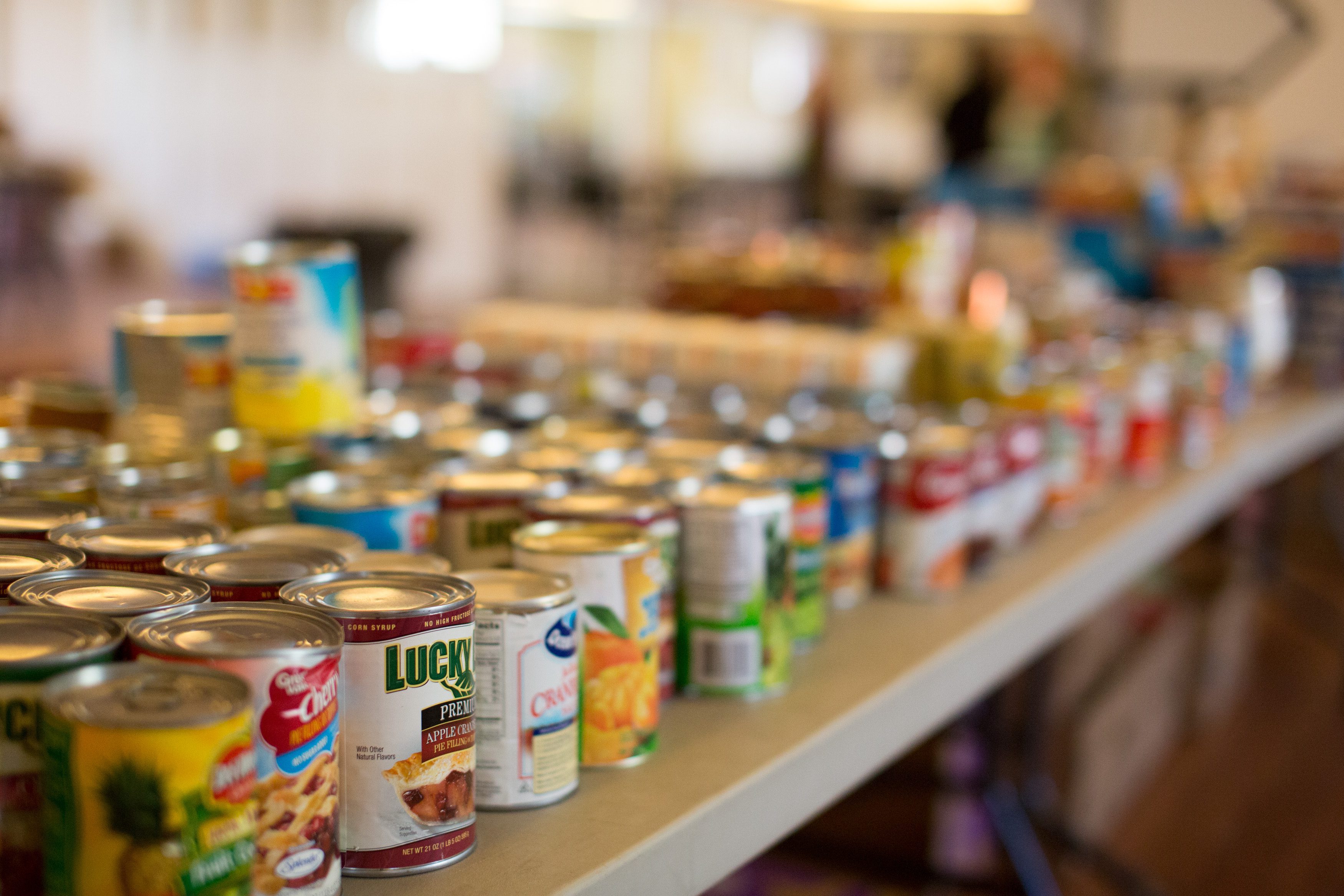By Marlysa D. Gamblin
This past weekend, our country celebrated the contributions of our veterans. Veterans Day is a time to honor the contributions veterans have made to protecting and serving our country. It should go without saying that part of honoring people is to ensure that they are not living with hunger and poverty. Yet 1.25 million veterans live below the poverty line and nearly 4 million veterans are food insecure.
According to a 2014 study from Feeding America, approximately one in five food insecure households includes someone with either past or present military service. On any given night, 40,000 veterans are homeless. One in five veteran families receives Low Income Home Emergency Assistance (LIHEAP) to help pay for heating and cooling their homes.
Currently, there are 23,000 active duty military who benefit from SNAP (the Supplemental Nutrition Assistance Program). This number does not include those on base who go to food pantries to help put food on the table.
In honor of Veterans Day and the U.S. goal of ending hunger by 2030, we should identify and address the barriers that keep so many veterans and active duty personnel hungry and poor. We should also commit to preserving the critical food, health, housing, and heating programs that help them meet their immediate needs.
The fact that so many active duty military, veterans, and their families struggle to put food on the table should also make us question the extent of hunger among other communities.
Honoring veterans’ commitment to protecting the United States also means doing our part to protect our country—and ending hunger and poverty is one of the best ways to do this. Even setting aside for a moment the unnecessary human suffering that they cause, hunger and poverty compromise our growth and leave us further behind other countries. In addition, they make our country more vulnerable to attack. Children who suffer from hunger today are at higher risk of health problems and limited productivity as adults. When their potential is limited, so is the potential of our country and its ability to continue protecting itself.
In the spirit of Veterans Day, how can we help protect our country? Currently, Congress is considering a budget that would increase hunger and poverty among veterans, their families, and other vulnerable people. Congress should instead enact a budget that invests in programs that help people meet their basic needs. Programs such as SNAP do not “end hunger” in a sustainable way, but they meet the immediate needs of hungry families and help preserve the progress made over the years so that the country can continue to attack the root causes of hunger and poverty.
Marlysa D. Gamblin is domestic advisor for policy and programs, specific populations, with Bread for the World Institute.



